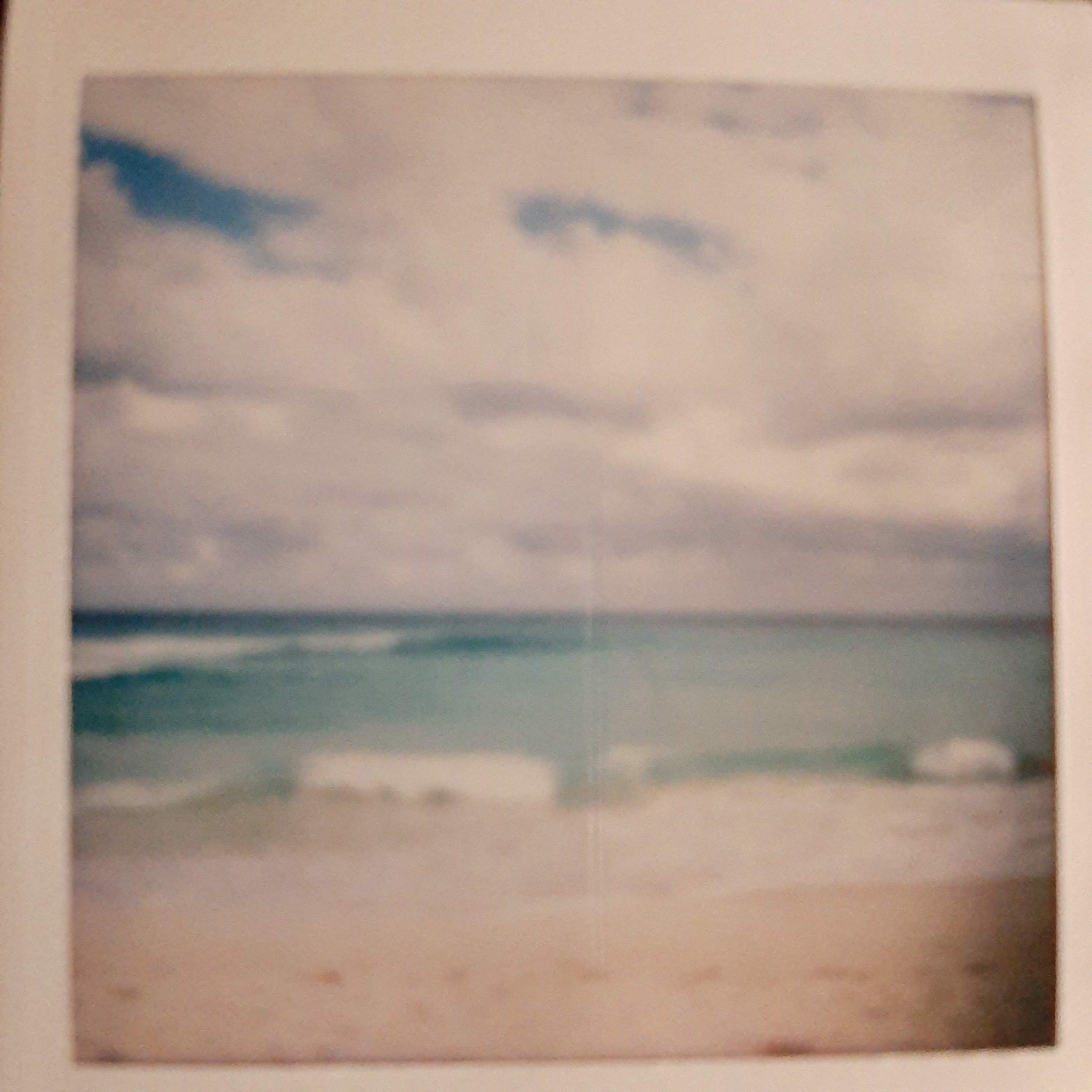
Reunions
As the talk about the vaccine becomes more confident, I think about a book I read before COVID, Hisham Matar's A Month in Siena. Its final chapter, about Giovanni di Paolo's painting Paradise,
is one of those passages you sense will be as meaningful in another context. Painted about a century after the Black Plague, Paradise shows various couples and groups of people reuniting in Heaven. Men and women welcome others with embraces, respectful holding of hands, intimate dances. Matar says: "That must surely be the ambition of every reunion, not only to identify and be identified, but also to have an accurate account of all that has come since the last encounter...It is as if what di Paolo is thinking here is that a true hell is not the hell of fire but not being recognized by those closest to us."
I imagine we too soon will watch, and hopefully participate in, joyful reunions among parents and children and lovers and partners and friends, all versions of heaven on earth.
Living with restrictions has taken on the qualities of that game where one searches for differences between two versions of the same scene. But instead of a junky attic or a royal dining room, one's identity is the puzzle to solve.
The pandemic has complicated connections to, among many things, our family and friends, to our work that generates income, to what we do when not working to generate income, to our health, our responsibility to the health of others. Routines, choices and relationships once reliably expanding into the shape of a life have gone missing or are neglected or are slightly, though noticeably, damaged.
It's as if getting through the pandemic necessitates breaking up over and over with the self we knew in the past; absent familiar conditions, titles and props, a person senses a hollowing out.
I inventory this year: If I don't swim for nine months, am I still a swimmer? What i.d. card matters most for a U.S. citizen living as a permanent resident in Canada? Is writing my hobby or my work? What makes a son a son? There are mornings when I don't know whose clothes are in my closet.
Whether those changes are temporary adjustments or substitutions to be accepted as authentic, the vaccine should clarify, perhaps in the form of a reunion more restrained and awkward than depicted in Paolo's Paradise.
In this reunion, the individual introduces their current self to their life before COVID. Matar: "We want to be seen by them and, in turn, rediscover our own powers of remembrance, and to finally find the consolation that lies between intention and expression, between the concealed sentiment and its outward shape."
The distance between the memory of the 2019 self and the reality of the 2021 self is as long as a trek guided by instinct and the stars, ending with the re-united travellers saying "yes, we changed, it was hard, we did what we could, and we are here."
Post a comment